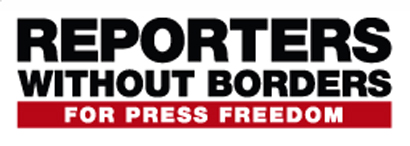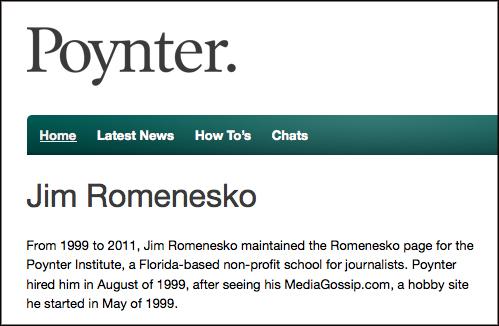Two years ago today 30 journalists and two support workers were killed in the Philippines in the “Maguindanao Massacre”, and what Index on Censorship has described as the “single deadliest event for the media”.
Today, 23 November, also marked the inaugural International Day to End Impunity; last year a Global Day of Action was held to mark the first anniversary of the massacre.
Index on Censorship, Article 19, the Committee to Protect Journalists and English PEN have joined forces with several freedom of expression pressure groups around the world to call for demanding justice for journalists’ murdered in the line of duty.
In a post, Index on Censorship said:
In the past 10 years, more than 500 journalists have been killed. In nine out of 10 cases, the murderers have gone free. Many others targeted for exercising their right to freedom of expression — artists, writers, musicians, activists — join their ranks.
On this day two years ago the single deadliest event for the media took place when 30 journalists and two support workers were brutally killed in Ampatuan, Maguindanao province, The Philippines. The journalists were part of a convoy accompanying supporters of a local politician filing candidacy papers for provincial governor. In total the “Maguindanao Massacre” as it has come to be known, claimed 58 victims. Not one of more than a hundred individuals suspected of involvement in the atrocity has been convicted yet.
We join those in the Philippines not only in honouring their slain colleagues, friends and family members, but demanding justice for them and hundreds more in Russia, Belarus, Pakistan, Sri Lanka, Mexico, Colombia, Iraq and Somalia and other countries where killings of journalists and free expression activists have repeatedly gone unpunished. Above all we demand an end to the cycle violence and impunity.



